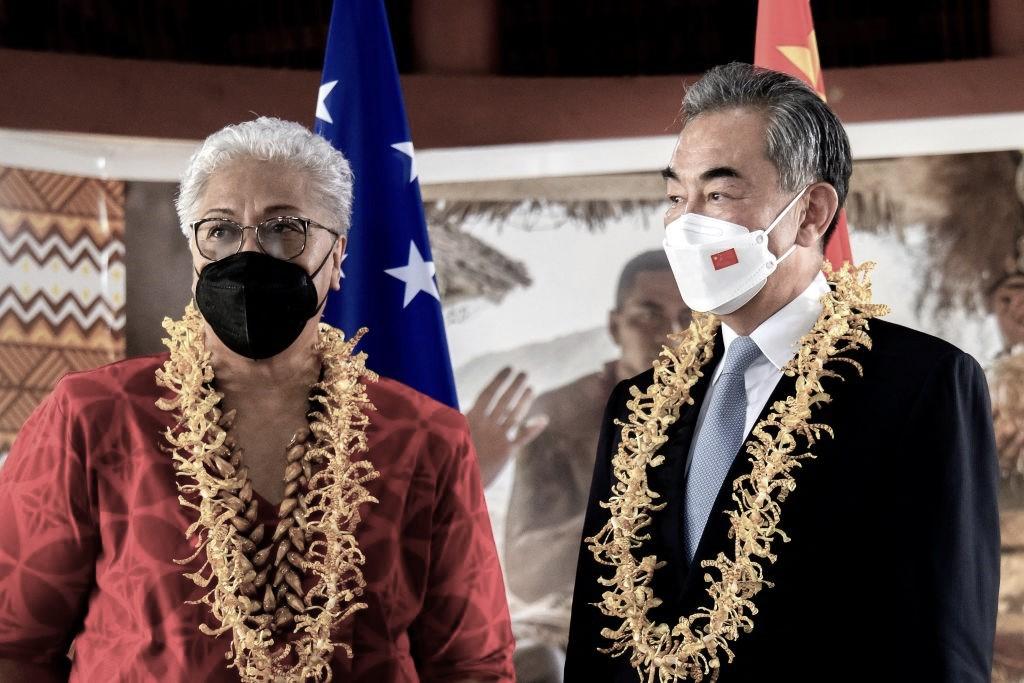Australia, the United States, and democratic allies should avoid engaging in a “bidding war” with Beijing to win the battle for influence over Pacific leaders, instead, the focus should be on grassroots efforts to build stronger connections with generations of communities, according to a former special forces officer.
Heston Russell, who also spent years working behind the scenes in the South Pacific region, said democratic nations could not compete with the Chinese Communist Party in winning over the “elites” of those countries.





